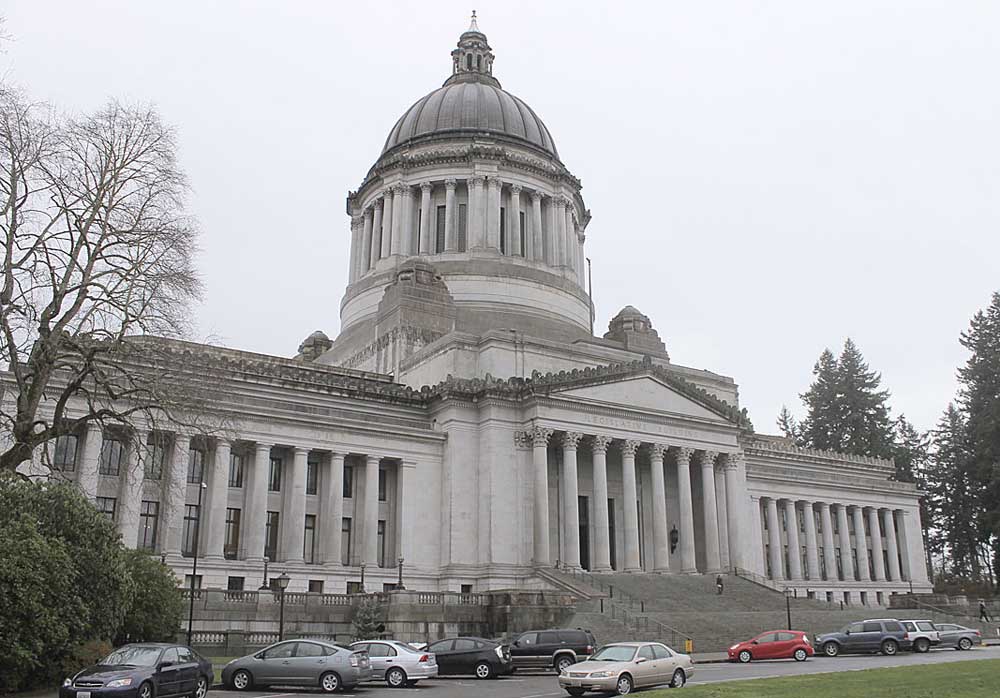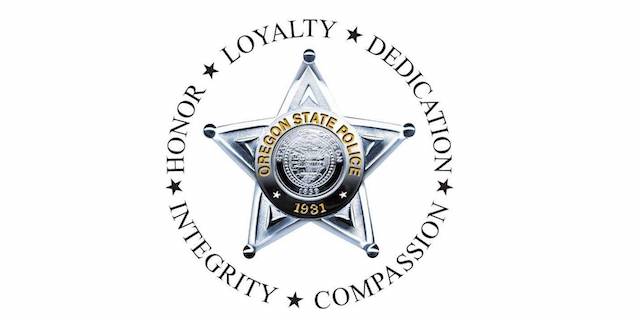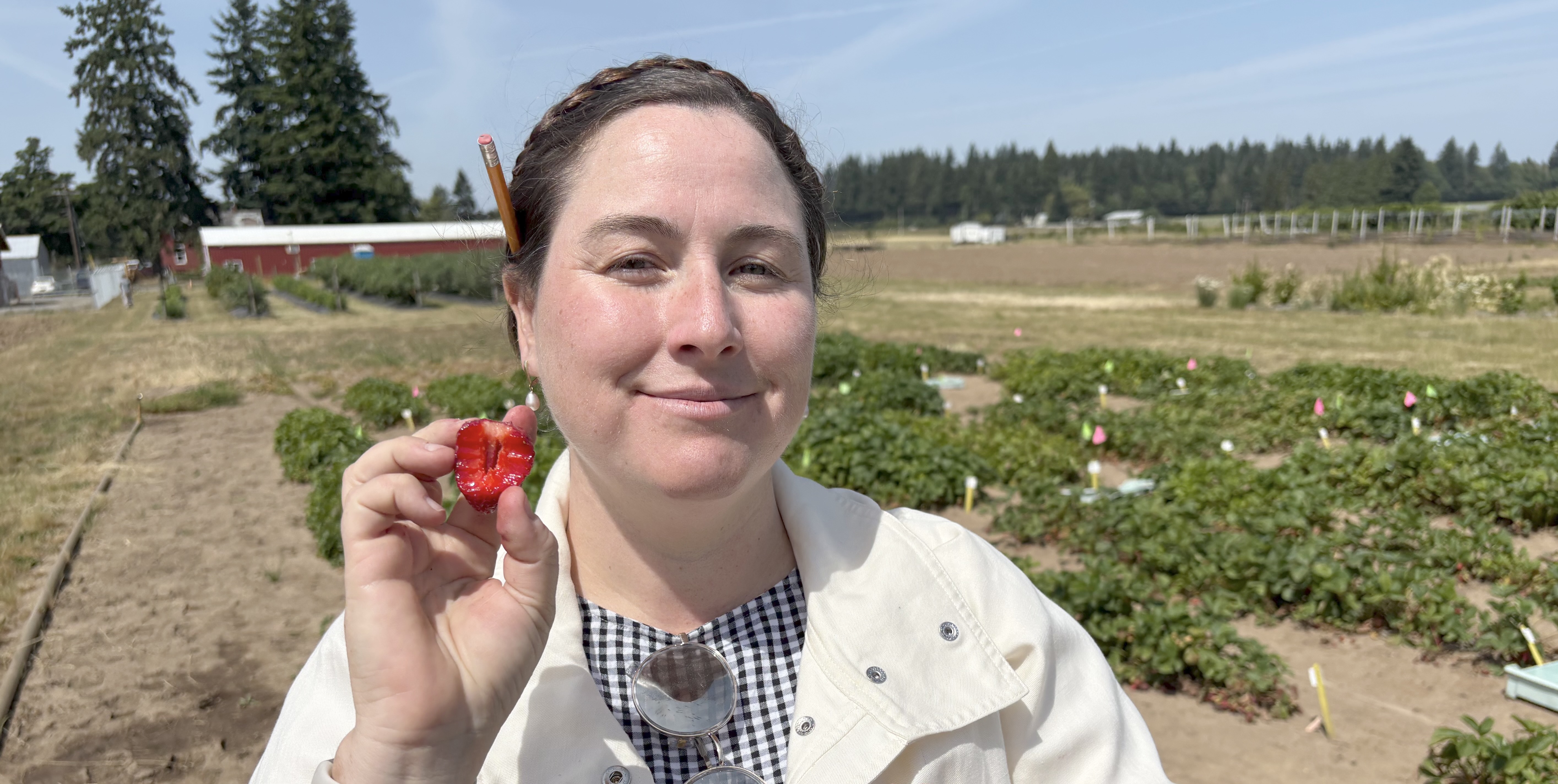Washington Legislature passes $17 billion transportation plan
Published 1:00 pm Saturday, March 12, 2022

- Washington State Capitol
OLYMPIA — Washington’s Legislature has passed a $17 billion transportation funding bill supported by fee increases and cap-and-trade, climate legislation expected to push up fuel prices while netting the state billions of dollars.
The 16-year Move Ahead Washington package advocates requiring new passenger cars and light-duty pickups be electric by 2030 and raids an account that makes low-interest loans to local governments for public works projects.
The House passed the plan on a 54-44 vote Thursday afternoon, and the Senate followed a few hours later, approving the plan by a 29-20 vote on the final day of the 2022 legislative session. Both chambers also passed a spending plan to go with the revenue plan.
At a post-adjournment press conference, Gov. Jay Inslee called Move Ahead Washington “the cleanest, greenest transportation package in the history of Washington.”
Senate Transportation Committee Chairman Marko Liias, D-Everett, said the spending plan prioritizes climate change and equity and that the revenue plan won’t raise taxes on working families.
The package will not hike the gas tax, but depends on higher fees to raise $2.6 billion over 16 years.
A vehicle license plate will cost $50 instead of $10. Replacing a plate will cost $30 instead of $10. Fees will be higher for motorcycle licenses and an enhanced driver’s license. The aviation fuel tax will increase to 18 cents from 11 cents a gallon.
House and Senate Republicans opposed the plan. Sen. Curtis King, R-Yakima, said the higher fees will punish drivers.
“Working families own cars, at least they do on my side of the state. That’s how they get to work,” he said.
Democrats scrapped plans to tax fuel refined in Washington and shipped to Oregon, Idaho and Alaska. The tax would have raised gas prices by 6 cents a gallon in those states.
Abandoning the export tax left a hole in the plan. Democrats filled it by taking $1.7 billion over 16 years from an account that makes low-interest loans for roads; bridges; solid waste facilities; and sewer, water and stormwater systems.
The money comes from taxes on public utilities, solid waste and real estate sales. Small cities, counties and special-purpose districts are especially reliant on the loans, Public Works Board Chairwoman Kathryn Gardlow said.
“For them to go to the bond market is a big deal,” she said. “We’re an easy place to access money for these small projects. For the smallest jurisdictions, it’s definitely a needed source of funding.”
The board loaned $123 million for projects last summer after receiving applications totaling $255 million. Gardlow said the board must review its current loan commitments before knowing whether it can make loans this summer.
“This is something the Legislature can do,” she said. “It’s disappointing. We’ll work with it.”
Move Ahead Washington’s largest source of money will be cap-and-trade, legislation passed in 2021. Manufacturers, including oil refineries, will bid for the right to emit greenhouse gases. Move Ahead Washington depends on getting $5.4 billion from the auctions.
“That is nothing but a very complicated gas tax,” said Sen. John Braun, R-Centralia.
Other pillars of the revenue plan include $3.65 billion in federal funds and $2 billion from the general fund.
The revenue will fund public transit, ferries, culvert removal, highway projects and electric vehicles. Liias called the spending plan monumental and transformational.
A state council will write a plan for making all new cars and pickups sold and registered in Washington electric by 2030.
“That’s a little heavy-handed, if you ask me,” King said.






